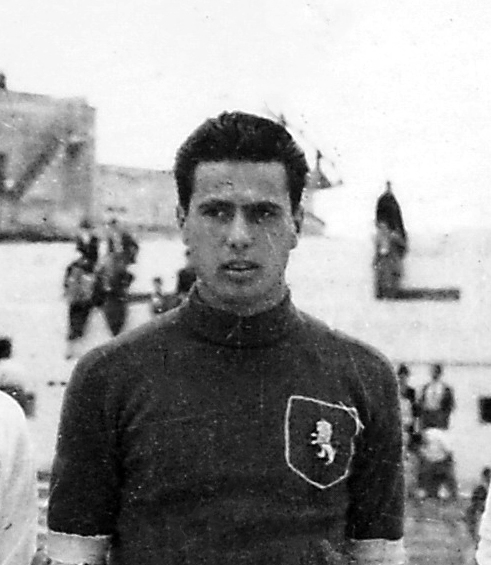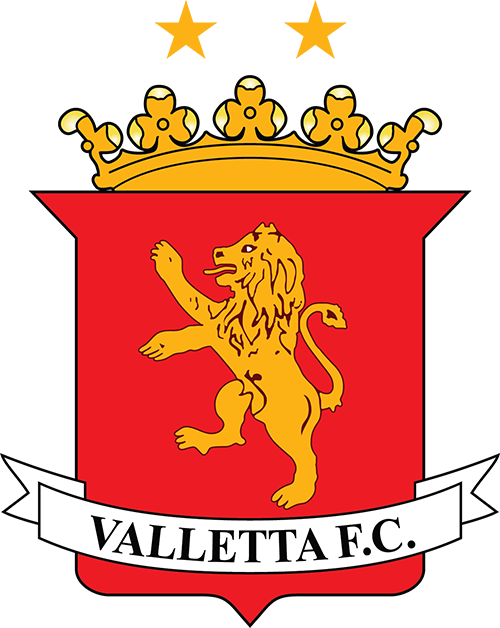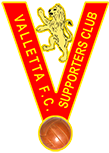Albert Zarb Cousin

Albert Zarb Cousin was a quiet, gentle soul he stood out in the ranks for his fairness, honesty and, above all, sportsmanship.
Known affectionately by his admirers as ‘Tas-Sorry’, he played his football in the top flight with three clubs and distinguished himself as a fine and reliable goalkeeper.
Zarb Cousin was born in Valletta on March 20, 1933. He received his education at St Ignatius College and later at the University of Malta where he graduated as a pharmacist.
Although coming from Valletta, Zarb Cousin did not start his career with one of the junior teams of the capital. Instead, he opted to join the Little Ajax, the team from Floriana.
Little Ajax were the second edition of the famous Floriana Ajax who, in the late 1940s, took Maltese football by storm.
Coached by the ex-Floriana full-back, Frankie Debono, the team developed from a youth side into perhaps the greatest outfit in the history of Maltese football.
From Little Ajax, Zarb Cousin was drafted into the Floriana minors’ team and the Second and Third Division sides. He made his first-team debut for Floriana in 1950-51 against St Patrick and went on to play 28 first-team matches for the Greens, mostly as the understudy of Ġużi Alamango.
Zarb Cousin was a fine goalkeeper in his own right but was unfortunate to find other peers of the calibre of Alamango and Tommy Taylor blocking his path.
In other circumstances, Zarb Cousin would have won many more honours in his career.
Four league championship medals, however, three of them with Floriana, were no mean feat for a player who only figured in 67 league matches in his entire playing career.
In 1955, Zarb Cousin left Floriana and played for one year with Rabat Ajax in the First Division before moving to Valletta in 1956.
With the Citizens, Zarb Cousin made 42 first-team appearances and won another championship medal before he retired in 1966.
Source: Carmel Baldacchino














